While planning a trip to Cuba, you will have four different options for accommodations. Firstly, you can go for a three to five star international resort with lots of amenities and often including an all-inclusive option. Second, you can choose to stay at one of hundreds of government owned hotels spread throughout the island. These can vary greatly in quality and price, but in most cases they don’t differ much in standards from hotels in any other part of the world. The next two options for accommodations are pretty unique to Cuba – these include Campismos and Casa Particulares. Whereas Campismos are very inexpensive bungalow style accommodations, they are mostly intended for Cubans themselves and majority of them are located in rural, frequently less desirable locations. Therefore, this post will focus on the fourth and most fascinating type of overnight residences for visitors – private homes and rooms rented out by live-in home owners.
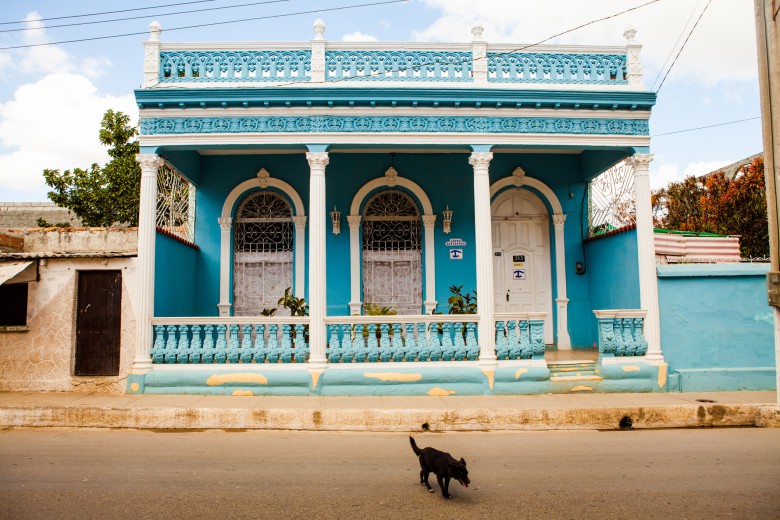
The Cuban government established Casa Particulares twenty two years ago to allow home owners to capitalize on their properties, by renting out rooms for local and foreign vacationers. The idea quickly gained traction and today there are tens of thousands of Casa Particulares located all over the country. They range from small single rooms to several bedroom apartments that are part of a larger house (don’t expect a separate kitchen though). Just like with hotels, you can expect the quality of Casa Particulares to vary, though most of them share the following aspects:
- A Casa Particular is marked with a sign Arrendador Divisa
- Owners live in the house together with their visitor tenants
- Majority of hosts can communicate in English and can be reached by phone (but not always by email)
- You can book a Casa Particular weeks, days or hours in advance or even try your luck as a walk in
- Nightly rates range from $30CUC to $75CUC depending on location and room size
- Food is often offered by the hosts at rates of on average $5CUC for breakfast, $10CUC for lunch and $15CUC for dinner
- Most rooms have fridges and AC units, although bed mattresses tend to be lower quality than in hotels
- Expect to share details of your passport as the owners are legally required to get that information
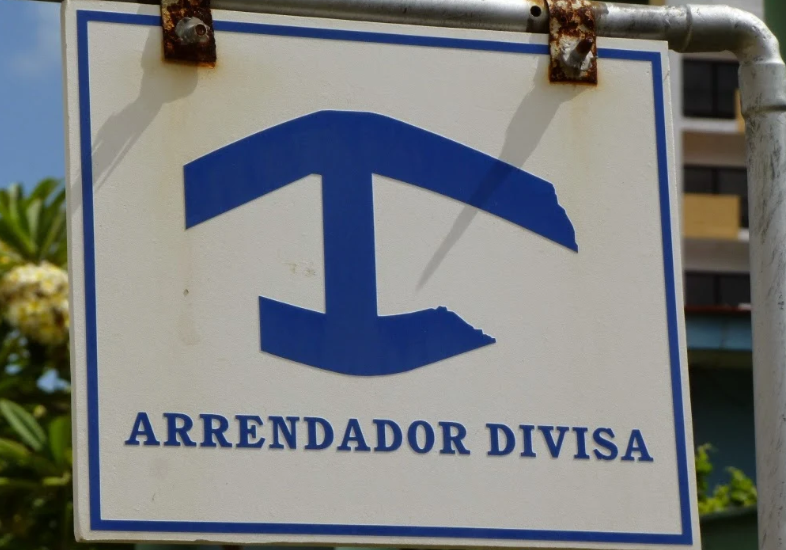
Where to find and book a room?
Up to several years ago, there were only a handful of sources of information on finding and booking Casa Particulares. One of the most popular resource that has been operating online for over twenty years is CasaParticular.com. This popular directory of accommodations across all of Cuba allows to find lots of inexpensive options, though it does not appear like all the listings currently posted are up to date. Besides this website, there have been many other directories and travel agents that have offered to book accommodations of travellers behalf. Check out Cuba Junky for example, which lists tens of specifically selected Casas and has its own iPhone and Android app, with which you can make and manage your bookings.
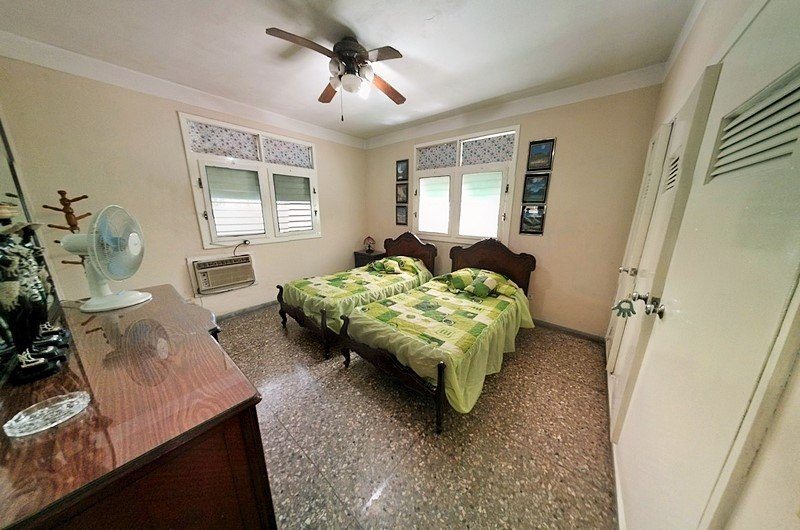
Since about 2016, many owners of Casa Particulares have started to advertise their listings on global booking sites like Orbitz, Hotels.com and Airbnb. Besides those, one site where you will be able to the large selection of options is definitely Booking.com. As of today, the website lists over 2,000 Casas throughout Cuba, with each one having a detailed description and almost all listings featuring some pictures of the accommodations. You can reserve any of the rooms instantly and are good to go! Still, as these are one household or even one person hosts who are not always digitally savvy, its nonetheless worth giving the owners a call to double-check your booking and make sure they will be expecting you.
What kind of Casa Particular to choose and when to book it?
The fact you will be welcomed by a local family means that you can benefit greatly from being able to communicate easily with your hosts. Many of them are more than happy to give you tips on things to do locally, recommend restaurants and bars, and even take you on a guided tour for a small fee. Therefore, our first recommendation is to look for Casas that have English written websites or at least where you are able to connect with the hosts over the phone and speak comfortably. Of course, if you speak Spanish then this one is not a problem at all! Second, be sure to check for any reviews that you can find as well as for any pictures of rooms and the building itself. Sites like Booking.com or Airbnb.com will usually have both of these, but in case you have found an accommodation without reviews or pictures, definitely give the hosts a call to get a feel for what to expect.
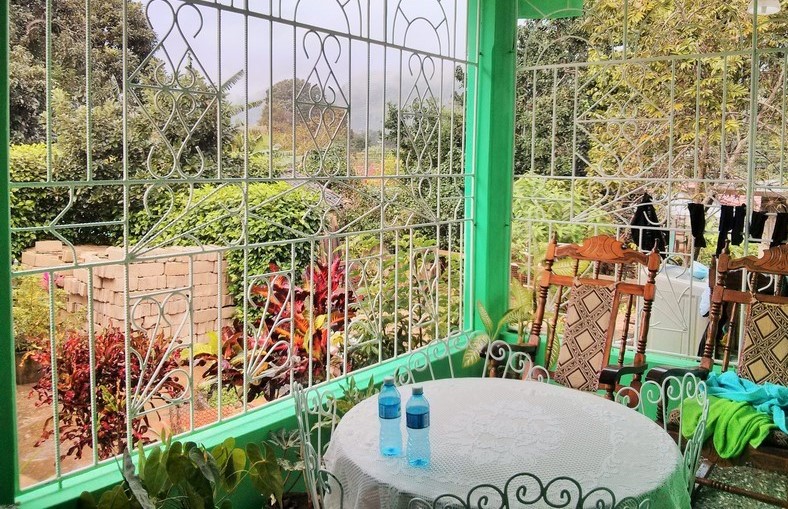
As with other types of accommodations, Casa Particulares are harder to book in high season with December to March being the busiest time in Cuba and everywhere else in the Caribbean. If this is the time when you are planning to go, be sure to make your selection as early as possible and once booked, call your reserved Casa once every couple weeks to re-confirm you are still coming.
Although it is a difficult time to book for, a very cool period to stay at a Casa Particular is Christmas. As almost all Cubans are Roman Catholics, you can expect December 24 to 26th to be a very special time of celebration and a cultural experience. Those hosts that keep their Casas open during this time are likely to invite you to join them in Christmas festivities. If you do get such an opportunity, don’t hesitate as you are likely to experience Christmas like you have never done before!

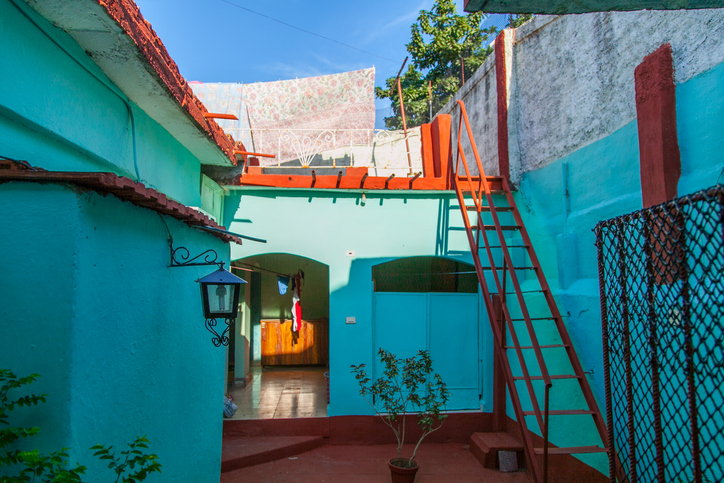
The architecture and decor of many casa particular cuba are interesting, exhibiting the vibrant heritage and powerful society of Cuba.